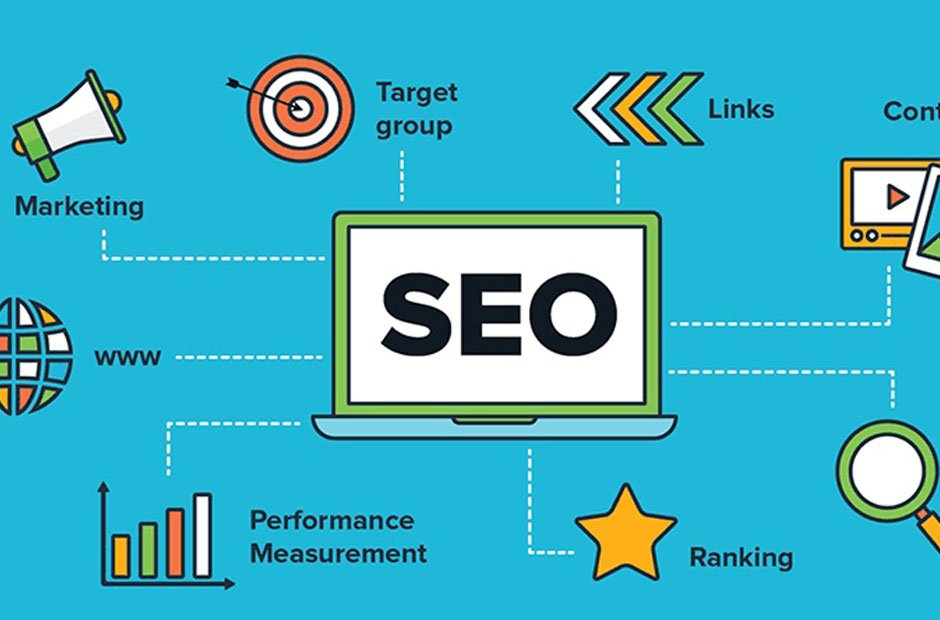In recent times, web architecture and optimization have advanced drastically. URL construction is an integral component of this progress and these come in two distinguishable varieties: static or dynamic URLs. Adopting the right kind has become imperative for achieving website proficiency.
Table of Contents
Static URLs
A Static URL, as the name implies, is a uniform link that remains constant for each page of a website. Unlike dynamic URLs which contain varying parameters and can change frequently, static URLs provide a consistent representation of web pages and do not include any additional identifiers or information. This consistency makes static URLs particularly beneficial for SEO (Search Engine Optimization) purposes, as they are easy to crawl and understand by search engine bots. Additionally, static URLs are highly user-friendly, as their structure offers clarity about the content of a webpage even before users click on the link. By providing an immediate indication of what a specific page holds, static URLs create an intuitive browsing experience. Furthermore, due to their simplified design, static URLs tend to be shorter than their dynamic counterparts and thus easier to remember and share with others. Ultimately, while there are some cases where dynamic URLs may be more appropriate, static URLs offer many advantages when it comes to SEO optimization and user experience that makes them ideal for most situations.
SEO Impact of Static URLs
From an SEO perspective, static URLs are beneficial owing to their simplicity and function.
1. Keyword Optimization
Keyword optimization is a key component for achieving satisfactory search engine rankings. By making use of static URLs, websites can optimize their web pages for specific keywords, allowing search engine algorithms to connect the webpage to relevant search queries. This process involves including chosen keywords within the URL itself which serve as indicators of the webpage’s content. For example, if a website is selling shoes and wishes to optimize for the keyword ‘men’s shoes’ they may include this within their URL structure in order to draw additional traffic from users searching for such phrases. By utilizing this technique, websites can tailor their URLs to target certain search terms and leverage them to increase visibility and maximize organic search engine traffic.
2. Link Equity
Link Equity is an important factor in SEO that refers to the amount of influence a URL has on the amount of traffic and ranking it may receive on search engine result pages. URLs with static parameters have been shown to be more trustworthy to users, thereby leading them to have more link equity compared to those with dynamic parameters. This is because static URLs are seen as easier to navigate, as they can direct users directly to a specific page without additional information or coding required. Moreover, having no URL parameters eliminates potential risks associated with malicious content, increasing trust among visitors and heightening the probability that they will share and link back to your website. As such, implementing static URLs is an effective way of optimizing for link equity and gaining greater visibility across search engine results.
3. Crawling Efficiency
Search engine crawlers are algorithms employed by search engines to collect information from web pages and update their index. These crawlers prove especially useful for static URLs, which feature unchanging content as landing pages and can be quickly processed. By simplifying the indexing of these URLs with efficient scripts and database queries, crawlers ensure important data is properly collected and incorporated into the search engine’s index. By optimizing their static URLs for search engine crawlers, website owners can guarantee their content is indexed and accessible to potential visitors.
Dynamic URLs
A Dynamic URL is a web address formed by a script running on the web server, which changes depending on the data viewed or submitted by the user. Unlike static URLs, which remain unchanged and contain only letters and numbers, dynamic URLs contain special characters and parameters that enable them to display content accordingly. This type of URL provides a more personalized experience as it allows for the sorting and filtering of relevant data based on the user’s activity. Nevertheless, these features can pose difficulties when it comes to search engine optimization (SEO) as well as readability for users. Although dynamic URLs are useful in certain contexts, such as e-commerce websites, their complexity can be confusing and off-putting for some users, so it is important to weigh both convenience and accessibility when utilizing this type of link structure.
SEO Impact of Dynamic URLs
The unique attributes of dynamic URLs present certain pitfalls in SEO performance.
1. Crawling Challenges
Search engine crawlers are essential for websites to ensure that they appear in search engine results. However, some websites contain dynamic URLs that due to their length and complexity can be challenging for these crawlers to process. If there are too many dynamic URLs, this can waste the search engine’s crawl budget and affect the overall indexing of the website. To optimize performance and maximize efficiency, these dynamic URLs should be kept to a minimum, with webmasters ensuring that relevant static URLs are used instead whenever possible. If dynamic URLs must be used, then it is important to ensure that any parameters are given appropriate values in order for them to be interpretable by search engines. Additionally, webmasters should regularly review their site’s dynamic URLs and remove any unnecessary ones in order to minimize crawling challenges.
2. Duplicated Content
Duplicated content is a common issue when dynamic URLs are created, as it can lead to the same content being presented via multiple URLs. This can have a detrimental impact on SEO performance, as search engines may interpret it as an attempt to deliberately manipulate their algorithms. To avoid this problem, websites should focus on using static URLs for main pages as much as possible and use different URL parameters only for minor changes in content. Additionally, webmasters should regularly review their websites to identify any potential duplicates and take corrective action if necessary. To further minimize the risk of duplicate content being found by search engines, sites may also choose to implement canonical links or use robot exclusion techniques. By implementing these strategies and remaining vigilant with their website maintenance, websites can protect against any negative consequences from duplicate content while optimizing SEO performance.
3. Link Sharing
Sharing URLs can be a tricky business, as complex URLs are often difficult for users to remember, not to mention share or type incorrectly. This presents an issue when it comes to sending web pages to others, as the cumbersome nature of these URLs can lead to them being left out or replaced with simpler alternatives. In addition to potentially undermining your efforts put into search engine optimization (SEO) through external linking, this can lead to missed opportunities for visitors coming from other websites. To combat this issue and ensure that users properly link and share your web pages, you should consider creating shorter, easier-to-remember URLs without additional parameters. This can help encourage more people to click and share the entire URL instead of resorting to abbreviated versions, thus strengthening your SEO efforts while providing a better user experience.
The clear correlation between URL structures and search engine optimization is increasingly evident as technology evolves. Static URLs are ideally suited for websites of a content-based nature, boasting the advantage of providing clarity, as well as offering beneficial SEO characteristics. Conversely, dynamic URLs are better equipped for sites with interactive elements or personalization options, particularly in the modern era. As new tools and techniques arise, it’s becoming easier to construct visually appealing yet highly functional websites that enhance user experience, while still optimizing SEO results. To further enhance your SEO efforts and user experience, irrespective of URL types, consider utilizing comprehensive white label SEO service from Web20Ranker, a proven platform that aligns with the evolving dynamics of the digital landscape.










